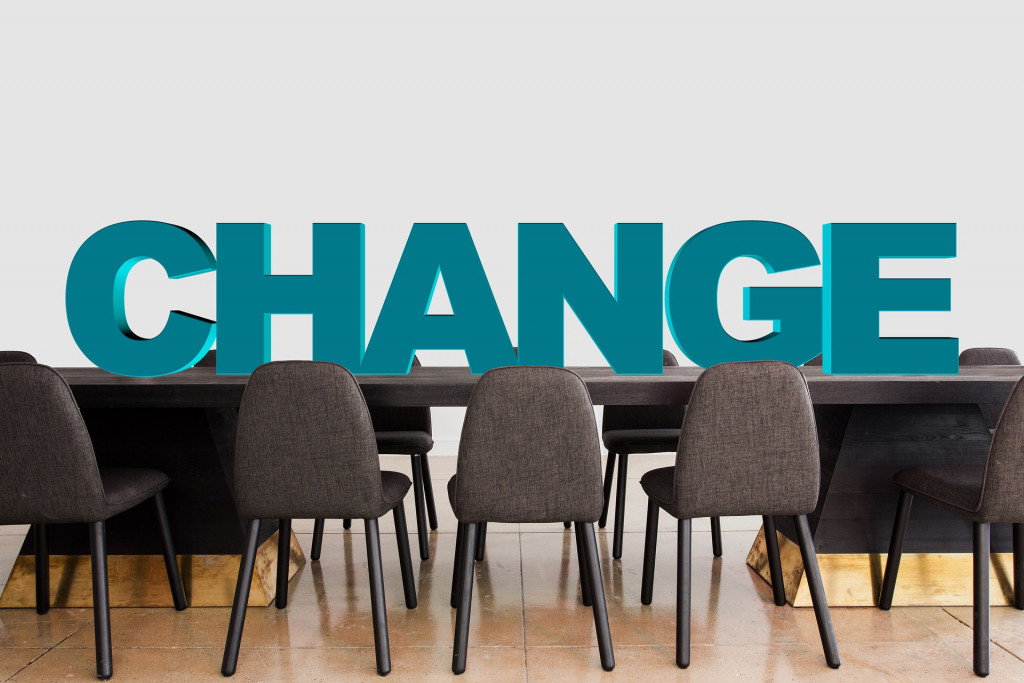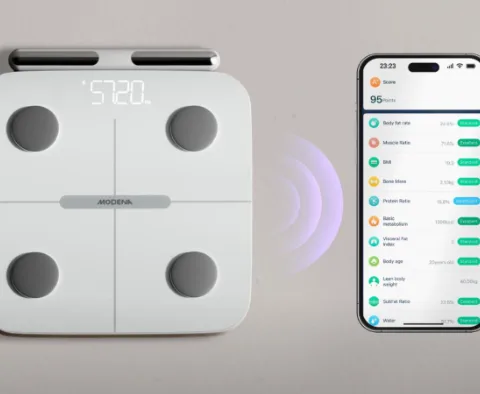Business pivot is not a new thing for startups. Usually, this action is taken when a business is difficult to progress, aka not growing. In the Covid-19 pandemic situation, many startups have pivoted. This is not because the business is not growing, but the act must be taken due to survival.
The pandemic has hit all business sectors, especially the aviation, tourism, and hospitality sectors. As a result, startups that depend a lot on their main income from this sector are forced to rethink their business strategy and take new steps.
It has been eight months since Covid-19 broke out in Indonesia. DailySocial interviewed three CEOs of three Indonesian startups regarding the realization and effectiveness of their business pivots during the pandemic.
Market research before pivot
Before talking about effectiveness and realization, doing a pivot must be accompanied by careful readiness for the target market and business model to be explored. In their interview with DailySocial, Kedai Sayur, Medigo, and Izy admitted to doing market research and survey first.
Please note, the three startups are both playing in the Business-to-Business (B2B) segment. The difference is, both Izy and Kedai Sayur decided to pivot to B2C because of the pandemic. Meanwhile, Medigo, whose pivot has been planned since 2019, has actually been impacted by the pandemic.
Izy’s business model is closely related to hospitality where it provides digitalization of services to encourage increased consumption of hotel and accommodation guests through the platform. For example room service and laundry.
Izy started pivoting in April 2020 after conducting simple market research with several clients and related parties to get initial input. With the same business model, Izy creates new markets by penetrating modern retail and residential settlements.
Meanwhile, Kedai Sayur, which initially served B2B, such as vegetable vendors, cafes, and restaurants, is forced to enter the B2C segment or end-users. Social restrictions have resulted in a decrease in visitor transactions at restaurants and cafes, therefore, managers have to reduce the volume of orders for ingredients.
“We do market research to determine consumer behavior, the need for fresh products that are of interest, and on the lifestyle. This is because B2C and B2B consumer behavior is different,” Kedai Sayur’s Co-Founder and CEO, Adrian Hernanto said.
In Medigo’s case, this platform initially attempted to connect all ecosystems in the health industry from upstream to downstream with hospitals (RS) as an initial approach.
Given the hospital bureaucracy that required a long integration process, Medigo finally pivoted by focusing on clinical management only. In December 2019, Medigo built a Smart Clinic and opened it in February 2020.
“When we developed the clinic management system in early 2019, there were indeed more than 300 clinics that registered. It’s just that the usage is still small. We start researching and surveying the clinic to find out what the problem is. Is technology or is there any major problem that hasn’t been resolved yet?,” Medigo Indonesia’s Co-Founder and CEO Harya Bimo said.
Along the way, Medigo encountered difficulty in executing the pivot. Smart Clinics are run with two business models, namely building their own and collaborating with existing clinics. Problems arise when a pandemic hits.
“When we wanted to build a second Smart Clinic, the situation was not possible because the model had to be monitoring, renovating, where it requires high touch. Meanwhile, we had to be low touch as that time were social restrictions. Here we are rethinking our pivot strategy and partnership model,” said the man who is better known as Bimo.
Pivot realization during pandemic
Approximately almost eight months after the pandemic occurred in Indonesia, the three startups said that they had reaped positive results or responses from the new services they offered to the market.
Although this pivot is temporary, Izy’s Co-Founder and CEO, Gerry Mangentang admitted that he has managed to earn revenue. Even so, his team avoids sharing details regarding the increase in revenue because it is related to internal data with its partners.
“For the core product/service, we will remain the same as before, focusing on the hotel industry. However, this pivoting will be very useful in the future to complement the Izy platform and ecosystem,” he said.
Meanwhile, Kedai Sayur recorded an increase in sales with the demand of more than 50 percent after entering the B2C segment. Adrian said the demand continues to increase because people are getting used to buying foodstuffs, vegetables, and fruits online.
Apart from sales, Adrian said, the company also recorded other positive responses. For example, the number of customer complaints at Kedai Sayur continues to decline every month, followed by an increase in traffic engagement and the number of new users through social media. “To maintain customer satisfaction and loyalty, we accelerate the delivery process from H + 2 to H + 1,” he explained.
Medigo’s entry into the clinical supply chain also recorded a significant increase. At the beginning of the period of social distancing, the company did not immediately reap a business increase because people tend to be afraid to go to hospitals or clinics during that period.
However, its services began to increase with a peak in May up to four times compared to April. He claims that since May until now, the increase has more than quadrupled. “In fact, we already have a healthy margin every month. Therefore, our income is higher than our burn rate,” he said.
Effectivity and metrics used
By optimizing technology, operations, and the right business model, Medigo, Izy, and Kedai Sayur reveal that this pivot is working effectively. However, there is still room for improvement in the future.
In measuring the effectiveness of pivots, Adrian said that his team did not rely solely on traction metrics or the number of transactions alone. They seek to maximize Customer Relationship Management (CRM) by utilizing quality data to get better business prospects.
Previously, Adrian had mentioned that data plays an important role in reading a trend or phenomenon in the digital era. In the context of a pandemic, Adrian said data can show trends in demand for orders or product prices in certain areas.
“The biggest challenge of pivoting into B2C is the big effort in bringing the [name] brand to the wider community with various characteristics. Therefore, we pay close attention to details that can be essential updates to improve our services in the future,”
However, Bimo added, his team did not rely solely on sales metrics to measure the effectiveness of this pivot. Since its debut, Medigo has defined interactivity in the healthcare ecosystem as its “North Star Metric”. This means that these metrics are at the core of growing its main business.
“Our pivot is very effective because it is not only measured from commercial, but also non-commercial. It’s useless if non-commercial is good, but it can’t be monetized because the business model is not yet supported. After the pivot, [non-commercial metric] interactions on our platform increase extraordinary,” Bimo added.
He said the success of this pivot can be maintained if the two metrics can work together. “We run many clinics where patient medical records are stored in our system. If one hospital can handle 900 patients per day, we can manage 60 clinics with 100 patients each per day. This becomes our ‘North Star Metric’ to encourage the interaction of healthcare stakeholders,” he concluded.
–
Original article is in Indonesian, translated by Kristin Siagian












